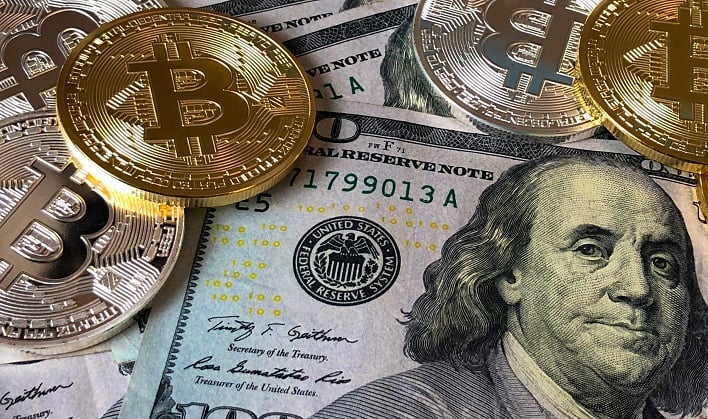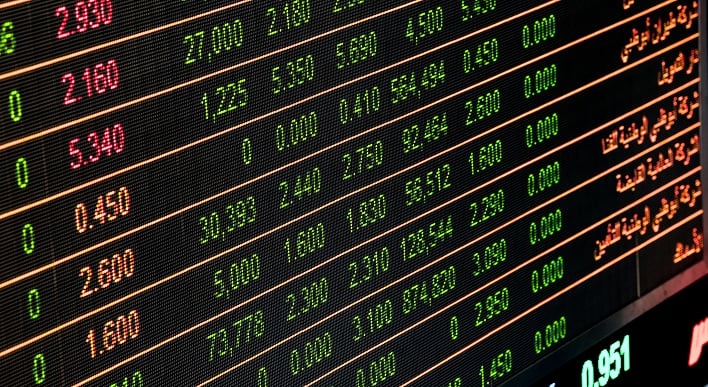Silicon Valley Bank Collapse And FDIC Bailout: What You Should Know

The collapse of Silicon Valley Bank (SVB) is said to be the second-largest bank failure in U.S. history, with notable clients such as Roku, Etsy, and Rocket Labs being affected. Regulators worked through the weekend to try and find a buyer for SVB, but were unsuccessful. As news of the SVB failure spread, Signature Bank announced on Sunday that it too had failed, sparking serious economic concerns. Signature Bank marks the third-largest bank failure in U.S. history. In a joint press release late Sunday, the Treasury Department, Federal Reserve, and FDIC stated that the two banks' clients would be protected and able to access their funds on Monday.
"Today we are taking decisive actions to protect the U.S. economy by strengthening public confidence in our banking systems," the press release began. It continued, "This step will ensure that the U.S. banking system continues to perform its vital roles of protecting deposits and providing access to credit to households and businesses in a manner that promotes strong and sustainable economic growth."

The Treasury Department has put aside $25 billion to offset any losses that may be incurred under the emergency lending facility. However, they do not expect to have to use any of that money, as the securities posted as collateral will have a low risk of default.
President Biden spoke Monday morning in an attempt to instill confidence in the U.S. banking system. He stated, "Americans can rest assured that our banking system is safe. Your deposits are safe. Let me also assure you we will not stop at this. We will do whatever is needed on top of all this."
The drama-filled weekend reminded many of the 2008 bailouts of bankers who caused that crisis. That bailout was primarily funded by the taxpayer and led to many voters expressing their anger during the next election. White House officials told reporters late Sunday that what was being done did not equate to a bailout this time around.
In an interview with CBS News on Sunday, Yellen remarked, "Let me be clear that during the financial crisis, there were no investors and owners of systemic large banks that were bailed out, and we're certainly not looking (to do that). And the reforms that have been put into place means that we're not going to do that again."

